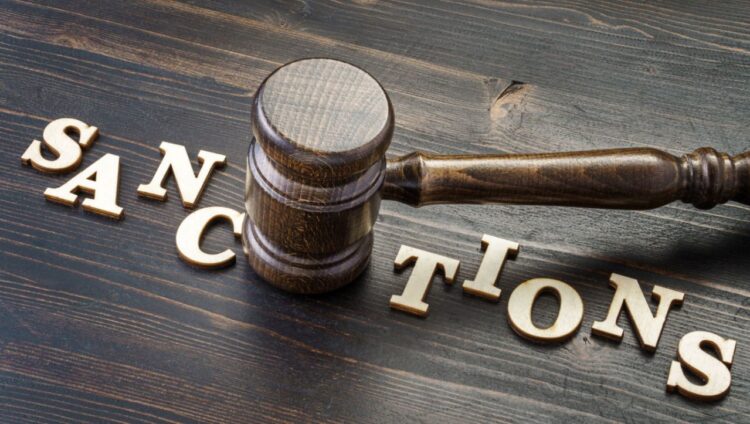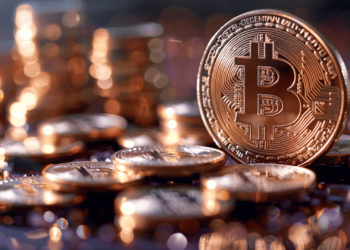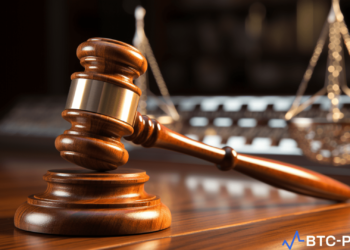The Ethereum blockchain has been facing a unique problem in recent years. The United States Office of Foreign Assets Control (OFAC) has been tightening its regulations on cryptocurrency transactions and has been actively monitoring the Ethereum network for any illegal activities. This has led to a situation where only 33% of all Ethereum blocks cannot be sanctioned by the United States
1/3 of relayed blocks now uncensored—a new record!
connect to a non-censoring relay
→ https://t.co/qYLdJ2hsze
→ https://t.co/azm41CXh7X
→ https://t.co/Hd8N16ICzh pic.twitter.com/q6qQoly1ga— ultra sound money 🦇🔊 (@ultrasoundmoney) January 26, 2023
Ultrasoundmoney, an Ethereum meme project which also provides on-chain analysis, mentioned that 1/3 of relayed blocks are now uncensored. He also presented a chart that showed the percentage of Ethereum blocks that have been flagged by OFAC as potentially illegal.
The OFAC is a U.S. government agency that is responsible for enforcing economic and trade sanctions against countries and individuals that are deemed to be a threat to the national security of the United States. This includes individuals and organizations that are involved in illegal activities such as money laundering, drug trafficking, and terrorist financing.
The OFAC has been actively monitoring the Ethereum blockchain for any transactions that may be linked to these illegal activities. In order to do this, they have been using advanced analytics tools to scan the blockchain for transactions that match the criteria of known sanctions targets.
The problem with this approach is that it is not always accurate and can result in false positives. This means that transactions that are not actually linked to any illegal activities are being flagged as potentially illegal by OFAC.
This has led to a situation where only 33% of all Ethereum blocks cannot be sanctioned by the United States. This is a significant problem for the Ethereum community as it means that a large portion of their transactions is at risk of being blocked or frozen by OFAC.
The Ethereum community has been actively trying to find a solution to this problem. Some have suggested that the Ethereum blockchain should be modified to include a built-in compliance feature that would allow it to automatically comply with OFAC regulations or adopt a non-censoring MEV-Boost relay to ensure the neutrality of the Ethereum network, thus boosting decentralisation in a real sense and giving it more potential for growth.
The solution to this problem is not clear yet, but it is important for the Ethereum community to find a way to solve this issue as it poses a significant risk to the long-term viability of the cryptocurrency. The community should work closely with regulatory bodies such as OFAC to find a solution that will protect the rights of users while also ensuring compliance with the law.










